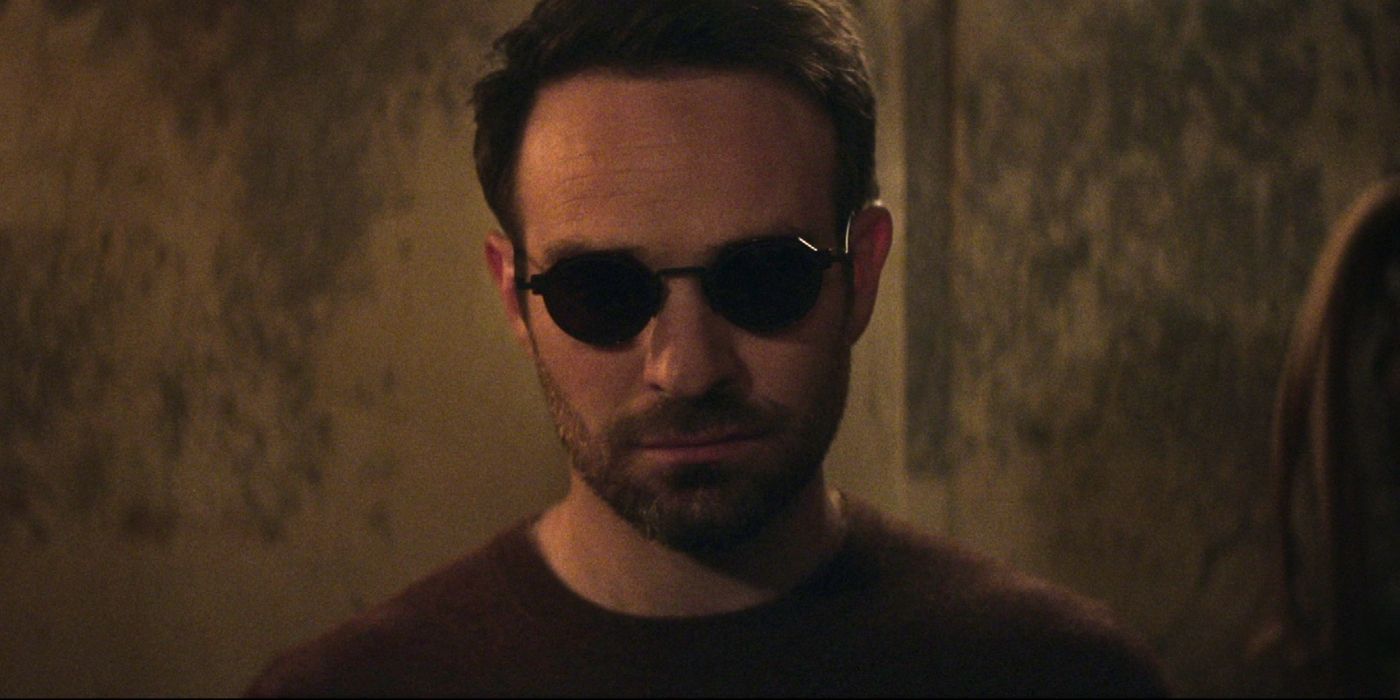
Advertisements can be annoying; I’m not going to sugarcoat it. While some may appreciate their artistic side or look forward to them during events like the Super Bowl, they generally interrupt what you’d rather be doing. Modern advertising has become overwhelmingly intrusive, turning every moment spent on social media into a barrage of suggestions about how to spend your money. Taking a break from these ads is increasingly a luxury that requires payment, and even then, there are exceptions.
Amazon’s Prime Video offers shows with minimal breaks (masking what they make you watch if you don’t pay extra) unless you choose to upgrade. While Max doesn’t bombard you with ads even in ad-free tiers, it can still be a nuisance. On the other hand, Plex and Tubi are free to use, funded by advertisements, making them somewhat of an unavoidable inconvenience. However, Disney+ might soon follow suit and require additional payments while continuing to insert commercials into your viewing experience.
The Recent Disney+ Announcement Has Subscribers Frustrated



Disney+ has made changes to their Subscription Agreement, effective dates varying for new and existing subscribers (January 27 for new, March 24 for existing). According to the update, users on ‘no ads’ or ‘ad-free’ tiers may encounter advertisements. This revelation sparked a wave of online discussions regarding its potential impact on paid subscribers. On Reddit, users debated the implications, with some expressing worry about continued ad exposure despite payment for an ad-free experience, while others believed the updated terms would simply clarify previous ambiguities, as the ad-free tiers did not cover commercials during live events and channels.
The question remains unanswered: if you’re spending money on an ad-free streaming platform, why should you accept any form of ads at all? This explanation, even though it claims to be merely clarifying previous statements, might make users wonder about where their additional funds are actually being used. If customers are still exposed to advertisements under specific conditions, a ‘less ads’ option is not the same as ‘no ads.’ Paying for a service that you’re not receiving in full is misleading and benefits only Disney.
Why Forced Commercials Should Not Be Tolerated



** Corporations thrive best when they can maximize your financial contributions; anything extra is merely a tactic to reach that goal. Their moral compass, empathy, and good intentions are nonexistent – they’re purely profit-driven entities. For instance, if you pay for an ad-free Disney+ tier, you might accept the change if it affects only live TV, as long as your favorite classics remain uninterrupted. However, what prevents them from extending this policy to other content? Perhaps a live concert or even a movie premiere? Why not introduce ads for just one day of a new addition? If they can make it work, they certainly will.
It’s understandable that viewers tolerate ads during live sports broadcasts due to their traditional format on cable. However, one might wonder why Netflix can eliminate commercials for Canadian WWE live-streaming subscribers but not American ones. Merely because something is customary doesn’t imply it should be accepted without question.
If you’re subscribing to a streaming service that promises an ad-free experience, then that’s exactly what you should receive – regardless of the format or source of the content. I’d rather gaze at nothingness than listen to advertisements about the latest fast-food offering or drug concoction; perhaps engage in a conversation with the person next to me instead.
Read More
- Grimguard Tactics tier list – Ranking the main classes
- Gold Rate Forecast
- 10 Most Anticipated Anime of 2025
- Box Office: ‘Jurassic World Rebirth’ Stomping to $127M U.S. Bow, North of $250M Million Globally
- USD CNY PREDICTION
- Silver Rate Forecast
- “Golden” Moment: How ‘KPop Demon Hunters’ Created the Year’s Catchiest Soundtrack
- Castle Duels tier list – Best Legendary and Epic cards
- Black Myth: Wukong minimum & recommended system requirements for PC
- Mech Vs Aliens codes – Currently active promos (June 2025)
2025-02-16 05:01